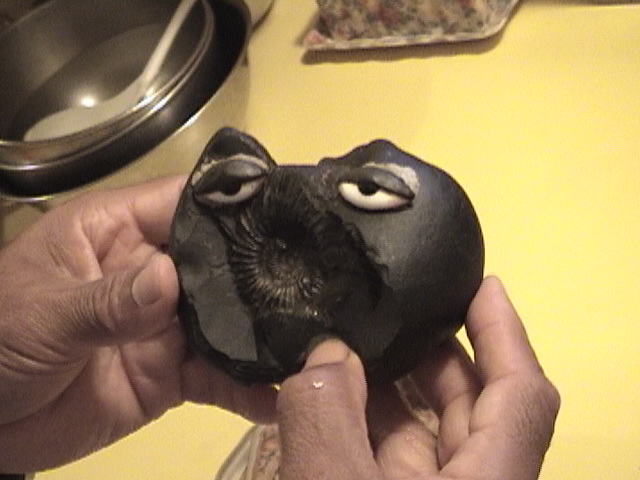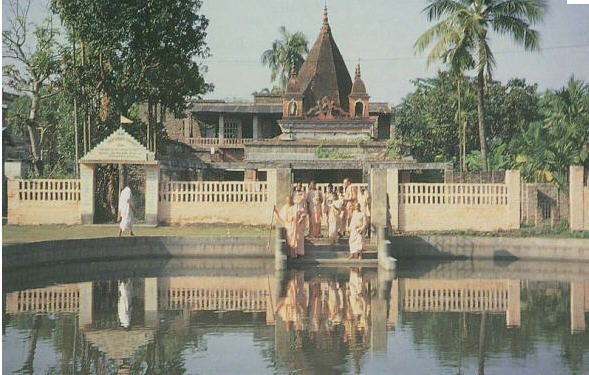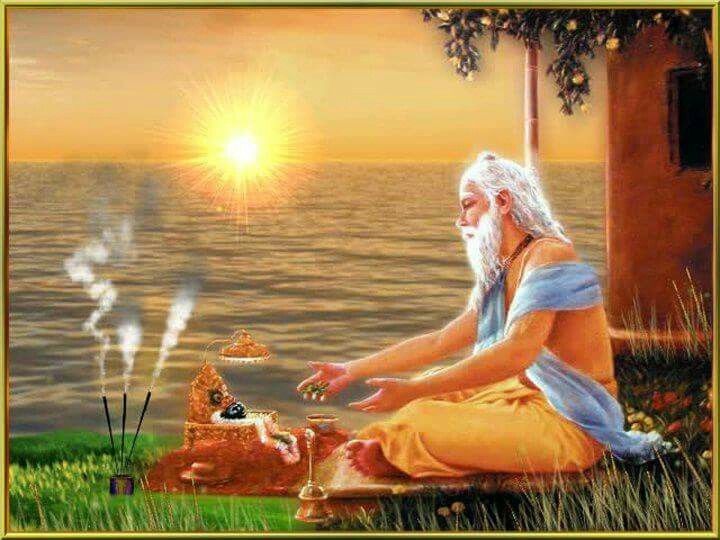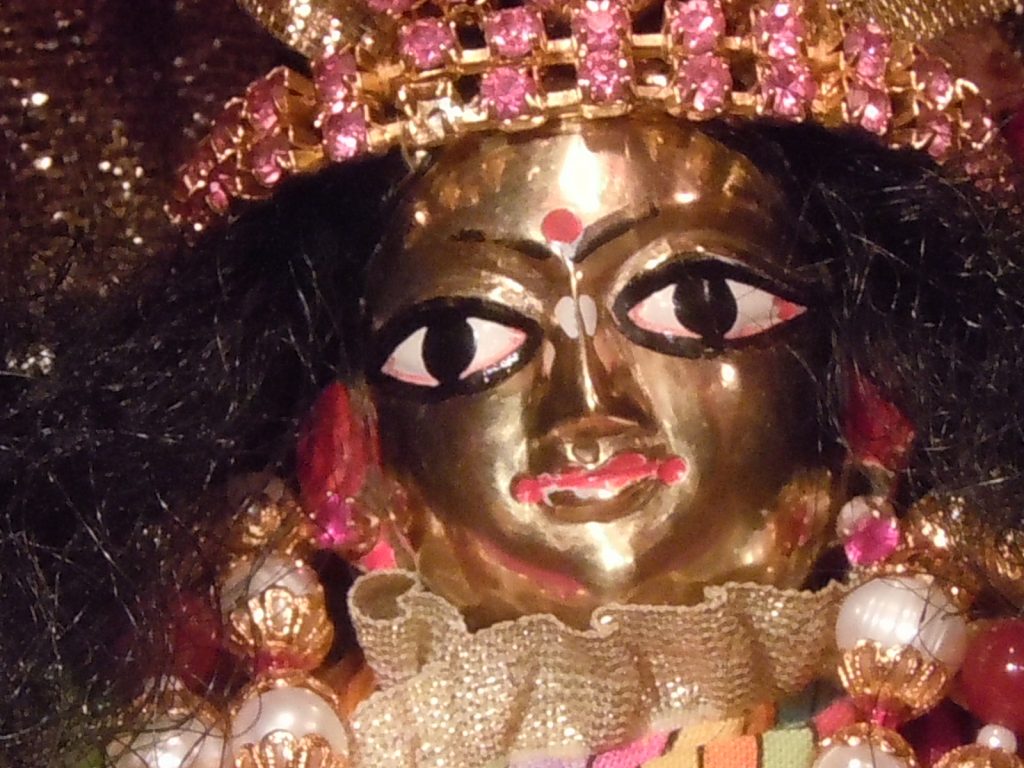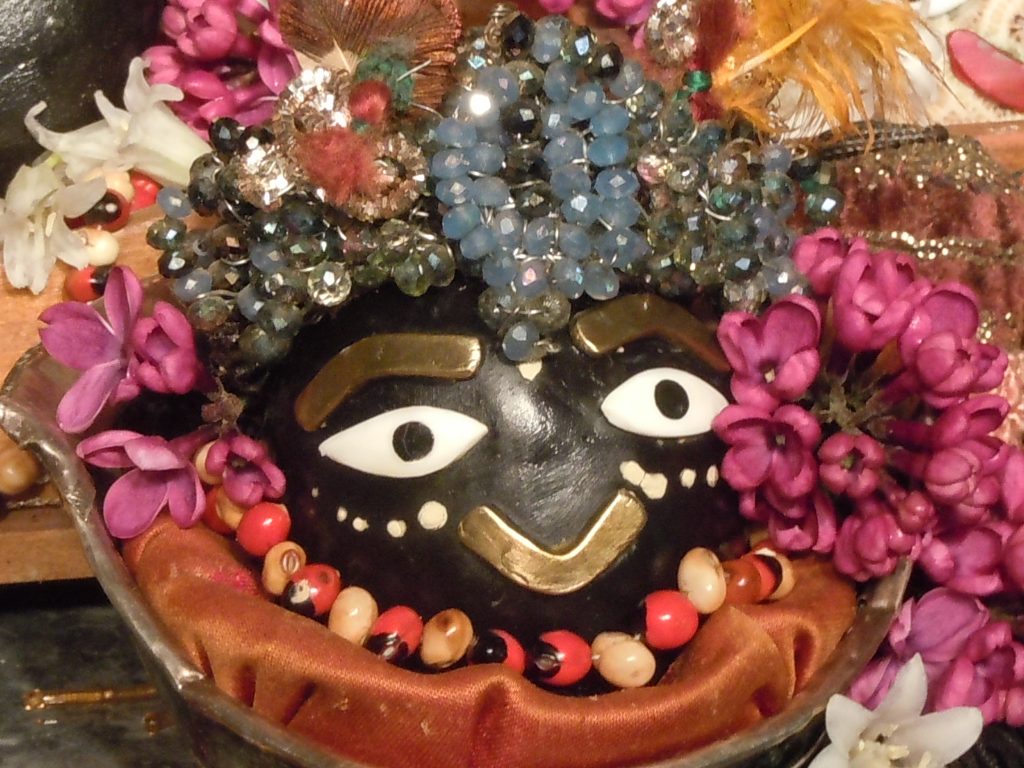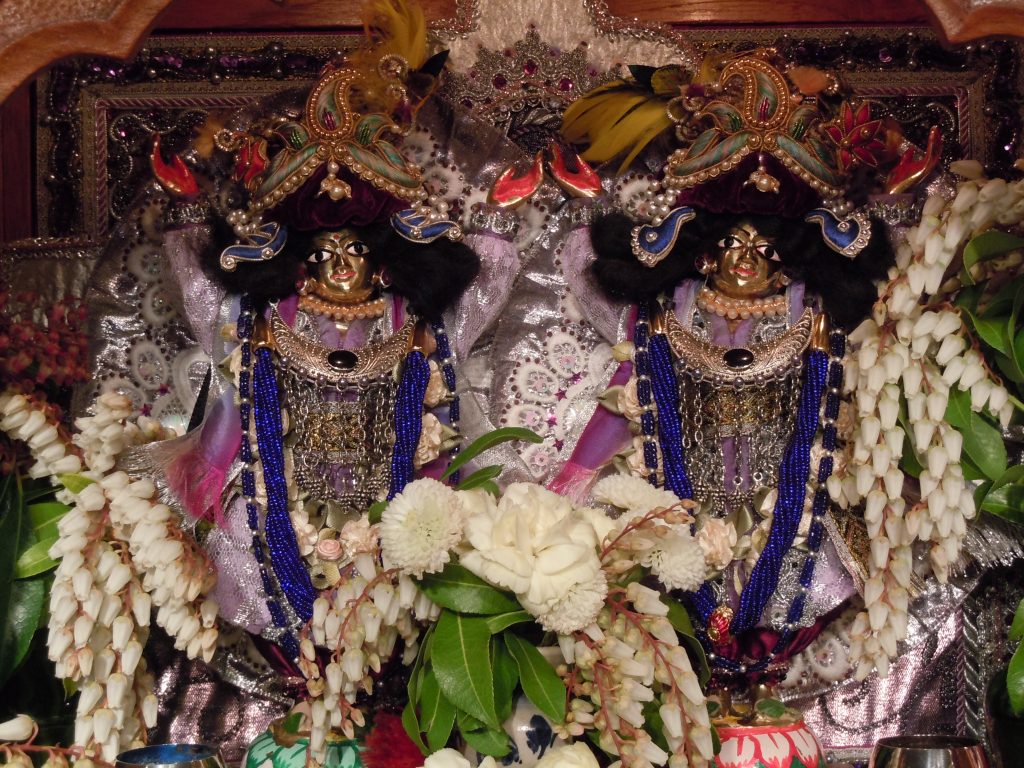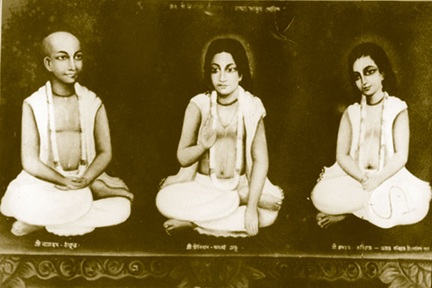- February 21, 2020Lord Jagannatha and Mother Ganga With love and confidence I share these two verses of Chaitanya Charitamrita, Madhya-lila, 15, 134…

Under the guidance, inspiration and authority of
His Divine Grace A.C. Bhaktivedanta Swami Prabhupada
Founder-Acharya of the Krishna Consciousness Movement
Srila Prabhupada: “I wish that each and every branch shall keep their separate identity and cooperate keeping the acharya in the center. On this principle we can open any number of branches all over the world. (Letter, February 11, 1967)

